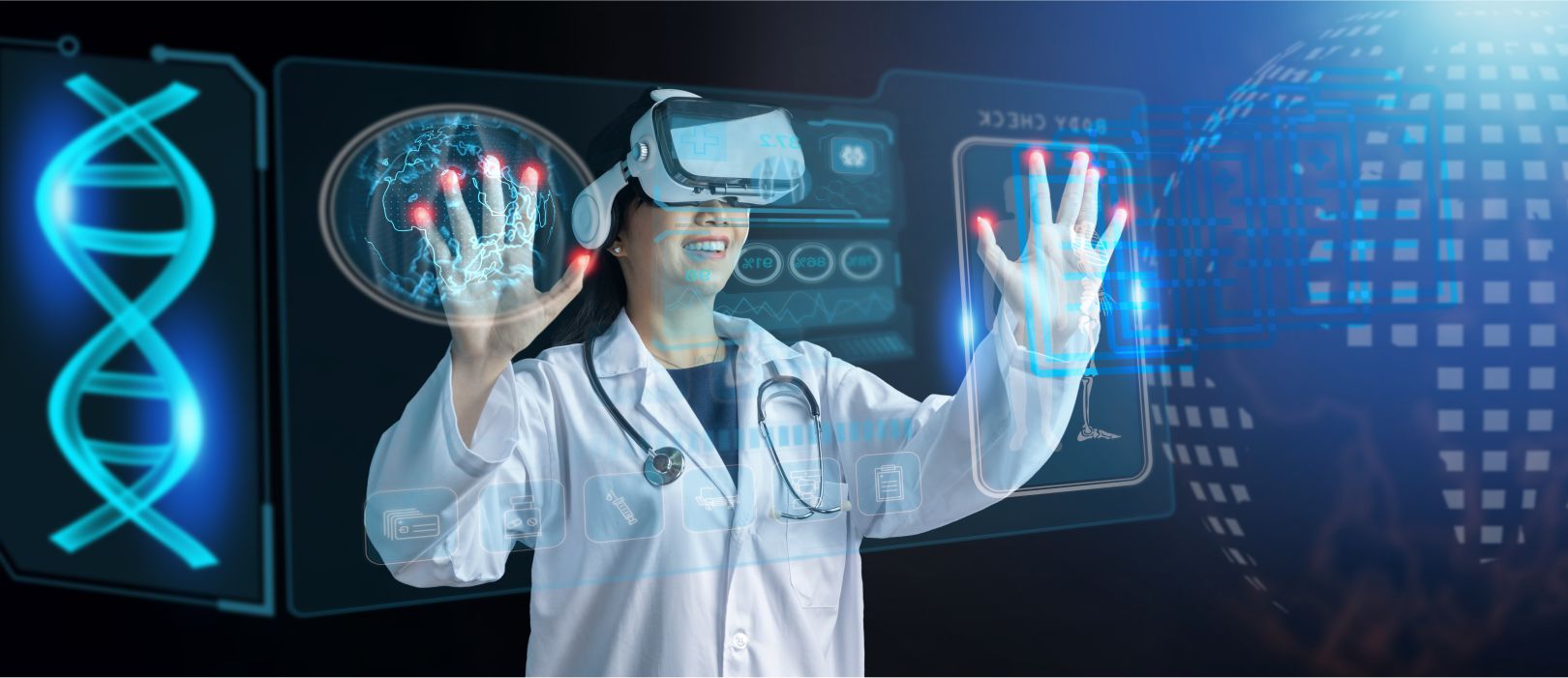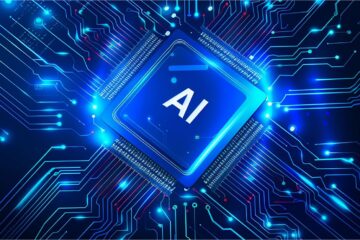Artificial Intelligence (AI) is revolutionizing the healthcare industry, offering new ways to diagnose, treat, and manage diseases. By leveraging advanced algorithms and vast amounts of data, AI is transforming healthcare delivery, enhancing patient outcomes, and optimizing operational efficiency. Here, we explore how AI is shaping the future of healthcare.
1. Improved Diagnostics
AI-driven tools enhance diagnostic accuracy and speed by analyzing medical images, genetic information, and clinical data.
· Medical Imaging: AI algorithms can detect abnormalities in X-rays, MRIs, and CT scans with high precision, often surpassing human radiologists.
· Pathology: AI systems can analyze tissue samples to identify cancerous cells and other diseases, enabling early detection and intervention.
· Genomics: AI helps in interpreting complex genetic data, identifying mutations linked to specific diseases, and personalizing treatment plans.
2. Personalized Medicine
AI enables personalized treatment plans tailored to individual patients by analyzing their genetic makeup, lifestyle, and medical history.
· Predictive Analytics: AI models predict disease risks and treatment responses, allowing for proactive and customized care.
· Drug Development: AI accelerates the discovery of new drugs by identifying potential compounds and predicting their effectiveness and side effects.
3. Enhanced Patient Care
AI applications improve patient care through better monitoring, management, and support systems.
· Virtual Health Assistants: AI-powered chatbots and virtual assistants provide patients with medical advice, appointment scheduling, and medication reminders.
· Remote Monitoring: Wearable devices and sensors track vital signs and health metrics, transmitting data to healthcare providers for real-time monitoring and intervention.
· Telemedicine: AI enhances telemedicine by facilitating remote consultations, diagnostic evaluations, and follow-up care.
4. Operational Efficiency
AI optimizes administrative and operational tasks, reducing costs and improving efficiency in healthcare settings.
· Workflow Automation: AI automates routine tasks such as appointment scheduling, billing, and patient triage, freeing up healthcare professionals to focus on patient care.
· Resource Management: AI algorithms optimize the allocation of resources, such as staff, equipment, and facilities, ensuring better utilization and reducing waste.
· Predictive Maintenance: AI predicts equipment failures and maintenance needs, preventing downtime and ensuring continuous operation.
5. Advanced Research
AI accelerates medical research by analyzing vast datasets and identifying patterns that human researchers might miss.
· Clinical Trials: AI streamlines clinical trials by identifying suitable candidates, predicting outcomes, and monitoring progress.
· Data Analysis: AI analyzes large-scale health data to uncover new insights into disease mechanisms, treatment effectiveness, and public health trends.
6. Challenges and Considerations
While AI offers immense potential, its integration into healthcare comes with challenges that need to be addressed.
· Data Privacy: Ensuring the privacy and security of patient data is paramount in AI applications.
· Regulatory Compliance: AI systems must comply with healthcare regulations and standards to ensure safety and efficacy.
· Ethical Concerns: Addressing ethical issues such as bias in AI algorithms, transparency, and the role of human oversight is crucial.
· Integration with Existing Systems: Seamlessly integrating AI solutions with current healthcare infrastructure requires significant effort and investment.
7. Future Prospects
The future of AI in healthcare is promising, with ongoing advancements poised to further transform the industry.
· AI-Driven Predictive Medicine: AI will enable even more precise predictions of disease onset and progression, allowing for earlier interventions and better outcomes.
· Robotic Surgery: AI-powered robots will assist surgeons in performing complex procedures with greater precision and minimal invasiveness.
· Mental Health: AI tools will provide support for mental health conditions through early detection, personalized treatment plans, and continuous monitoring.
· Global Health: AI can address global health challenges by providing scalable solutions for disease prevention, diagnosis, and treatment in underserved regions.
In conclusion, AI is transforming healthcare by improving diagnostics, personalizing treatments, enhancing patient care, optimizing operations, and advancing research. While challenges remain, the continued evolution of AI holds great promise for the future of healthcare, ultimately leading to better health outcomes and more efficient healthcare systems.


